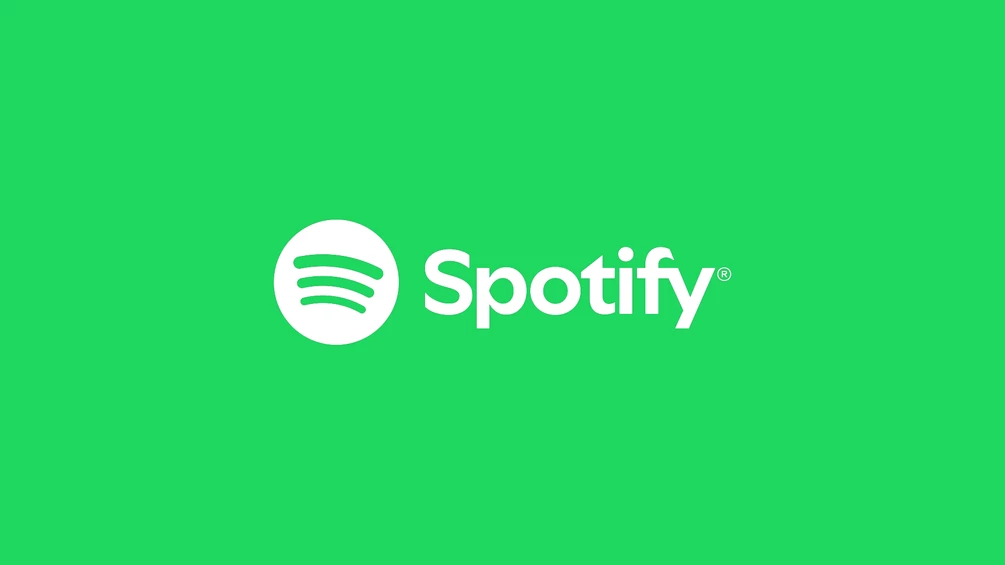A new report published by Harper’s Magazine has alleged that Spotify is filling some of its biggest music playlists with work by “ghost artists”, a group of musicians who create large amounts of music to be distributed specifically across the streaming platform.
According to journalist Liz Pelly – who will next year release her book, Mood Machine: The Rise Of Spotify And The Costs Of The Perfect Playlist – the music that is provided through these means is subject to lower royalty rates, and ultimately helps boost Spotify’s profit margins. The practice is reportedly most prevalent across instrumental-heavy playlists focused on genres such as lo-fi hip-hop, ambient, jazz and classical.
Among the playlists name-checked by Pelly’s report as featuring high contents of “ghost artists” are Deep Focus, which has over 4.5 million subscribers, Cocktail Jazz and Ambient Relaxation. Internally, tracks by these artists are known as Perfect Fit Content (PFC).
It’s alleged that more than 500 “ghost artists” exist on Spotify, but that their work is actually created by a small group of around 20 songwriters operating under various aliases.
Pelly’s report alleges that PFC “puts forth an image of a future in which – as streaming services push music further into the background, and normalise anonymous, low-cost playlist filler – the relationship between listener and artist might be severed completely”.
Spotify has not responded to the new article at the time of writing, but this isn’t the first time such allegations have been levelled at the company. In 2017, the company denied similar reports that it was filling its most popular playlists with music by fake artists, describing the claims as “categorically untrue, full stop.”
Earlier this year, the company moved to demonetise all tracks on the platform with under 1,000 streams. It was part of a new royalty policy which aimed to target “functional” non-noise music.


